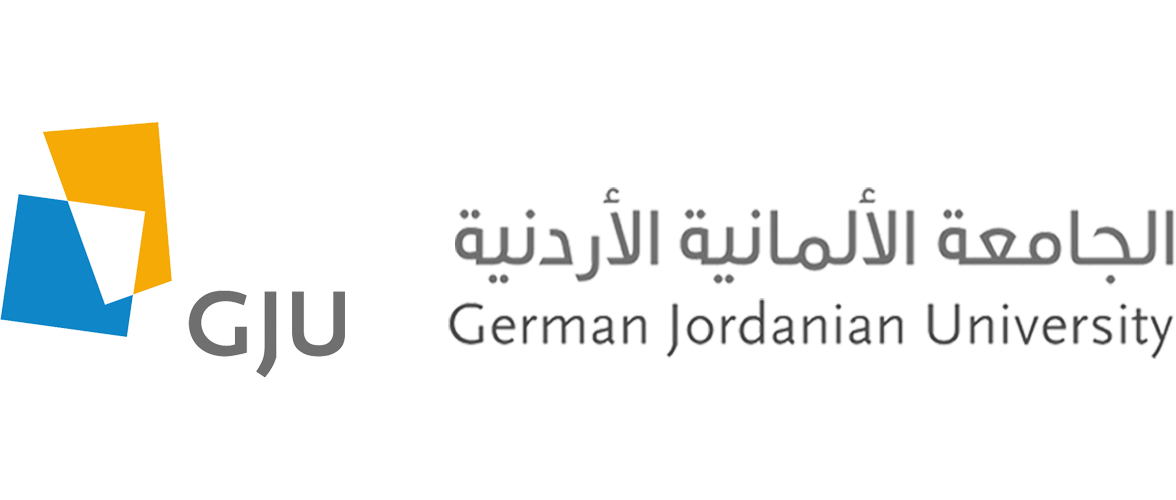As protracted conflicts, natural disasters, water scarcity, climate change and disease outbreaks continue to affect the Middle East, the region is highly likely to continue facing humanitarian needs for years to come. Water, sanitation, and hygiene (WaSH) needs are considered as one of the top priorities in most countries in the region, inviting an array of humanitarian actors to get involved to meet those needs. More and more humanitarian actors are relying on local capacities to provide assistance to their own humanitarian actions, or to independently lead interventions to meet the basic needs of the affected populations. However, even if local capacities exist and are grounded in strong academic qualifications, what is often missing is the humanitarian mindset and experience that would allow implementation at full capacity and transferring more senior roles to national experts within the humanitarian sector.
In order to be able to develop national capacities in the Middle East that extend globally as well, the German Jordanian University (GJU), Action Against Hunger, and Bioforce, in partnership with UNICEF and the Global WaSH Cluster and other humanitarian organizations, are starting a WaSH Masters’ Degree program in October 2020. The aim of this Masters is to build capacities of local WaSH specialists and help them provide the necessary human capital needed to deal with the region’s response to humanitarian crises, while increasing the interest of future potential specialists to enter the field. This WaSH Masters’ degree is a result of several years of work within water, sanitation and hygiene in humanitarian context across the region. The one and a half year academic programme entails two semesters of theoretical education at GJU, a semester of practical internship in a humanitarian organisation, and a final semester to complete the Masters thesis.
For more information, please visit the following link.

